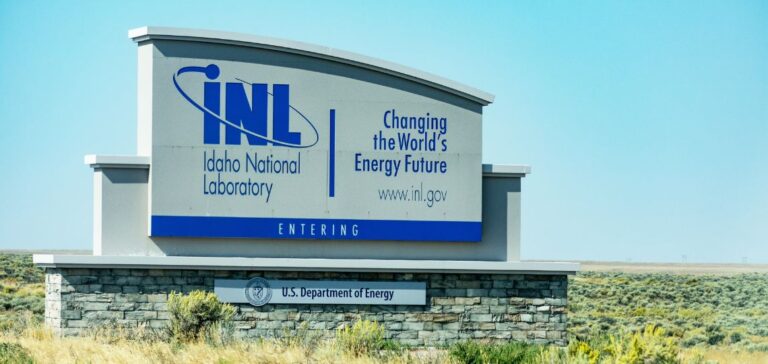Aalo Atomics, based in Austin, Texas, recently submitted a Preliminary Regulatory Undertaking (PER) to the U.S. Nuclear Regulatory Commission (NRC). This document details the interactions planned prior to the license application for its Aalo-1 micro-reactor. The REP aims to reduce regulatory uncertainty and add predictability to the licensing process for advanced technologies. Although not mandatory, this plan can facilitate initial discussions with the NRC and set clear expectations. Nuclear power has recently been endorsed by the International Atomic Energy Agency (IAEA), which highlights its crucial role in achieving carbon neutrality.
Aalo’s objectives and strategy
Aalo Atomics aims to build seven Aalo-1 reactors initially for the Idaho Nuclear Project, with a potential extension of seven more units. The company expects the facility to be operational by 2029, providing a reliable and affordable source of electricity for current and future energy needs. In May, the company completed the conceptual design of the Aalo-1, a factory-built, sodium-cooled micro-reactor using uranium zirconium hydride (UZrH) fuel elements.
Collaboration with the Department of Energy
In May, Aalo signed a memorandum of understanding for the installation of its first Aalo-1 reactor at the Idaho National Laboratory (INL). The site was chosen for its proximity to new megawatt-scale electrolysers and INL’s future fleet of hydrogen-powered coaches. The company plans to submit an application for a combined construction and operation license (COLA) in 2026.
Benefits and support of the GAIN program
Last December, Aalo Atomics was one of the first recipients of GAIN vouchers for the 2024 financial year. These federally-funded vouchers are designed to accelerate innovation in advanced nuclear technologies. Thanks to these vouchers, Aalo will collaborate with INL to evaluate modeling and simulation capabilities for the fuel system and core of the Aalo-1 micro-reactor.
Innovation perspectives
The Gateway for Accelerated Innovation in Nuclear (GAIN) program, launched in 2016 by the DOE Office of Nuclear Energy, helps companies overcome technological and business challenges by providing access to DOE research and development infrastructure. This support aims to facilitate the development of innovative nuclear technologies in a cost-effective way. For its part, Aalo contributes a minimum of 20% of costs, often in the form of in-kind contributions. Aalo Atomics’ progress in the field of micro-reactors marks a significant turning point for the US nuclear industry, with important implications for sustainable energy production and technological innovation.





















